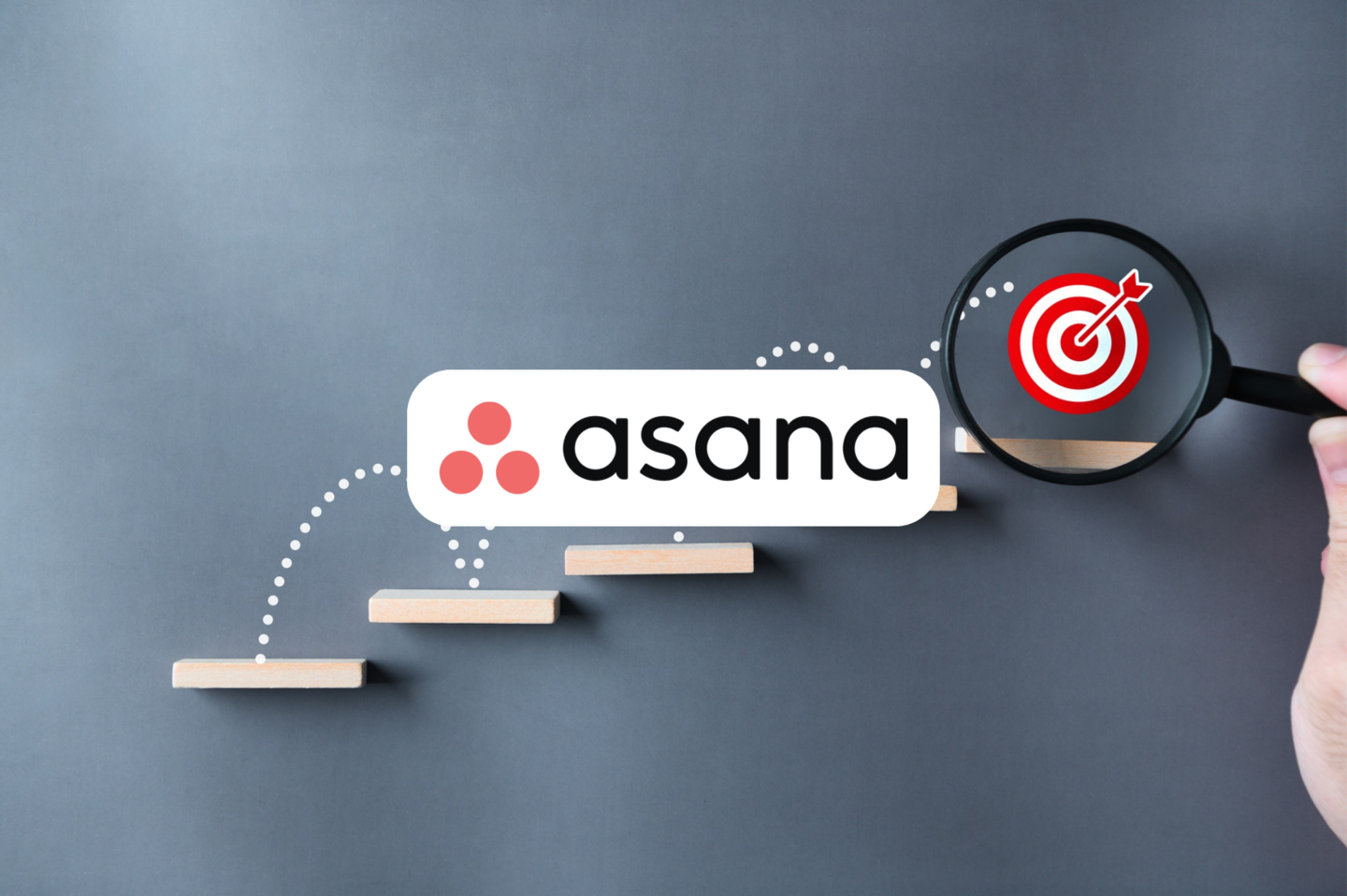Over 60% of executives believe that AI will help their companies drive better results and reach their goals, according to a report by Asana. This report highlights the increasing significance of artificial intelligence (AI) in the workplace. It discloses that 36% of employees in the United States and the United Kingdom now incorporate AI into their work routines every week.
“Our study shows that more employees are now embracing AI at work. Employees see the potential of AI to save time and help them focus on more strategic tasks. However, there are clear obstacles, with some employees harboring concerns about how their AI use could be perceived by peers and managers. Employees can’t navigate this AI shift alone. They need clear guidelines to understand AI's role in their functions, along with tailored training and accessible technologies to fully harness AI's capabilities. Organizations that get this right will leverage AI in a way that unlocks new levels of human ingenuity,” commented Saket Srivastava, Chief Information Officer at Asana.
AI is the latest strategic tool
The report shows that employees are increasingly acknowledging the strategic significance of AI. A substantial 55% of executives anticipate that their companies will employ AI for setting goals, and an even more significant 61% express confidence that AI will enhance their companies' ability to achieve their goals compared to conventional approaches. This trust in the strategic value of AI is reinforced by the fact that over half of executives are open to paying extra for workplace tools that leverage AI capabilities.

Employees are increasingly adopting AI to streamline tasks and minimize mundane work. Currently, 30% of workers leverage AI for data analysis and 25% for administrative duties. However, the demand for AI in these areas is even more significant, with 62% expressing interest in using AI for data analysis and 57% for administrative tasks. AI is also finding a place in creative work; in the U.S., 45% of employees express a desire to utilize AI for brainstorming, compared to 32% in the U.K.
There is a growing demand for AI tools to become more readily available in the workplace. About 60% of employees express a desire to make AI accessible to all their colleagues within their organizations.
Moreover, employees are open to the idea of AI assessing their job performance, particularly in the United States, where 38% of workers would accept this idea, compared to 28% in the United Kingdom. Surprisingly, 15% of U.S. employees are even willing to consider the idea of AI becoming their boss, which is nearly double the percentage of those in the U.K.
The need for more AI training and guidelines
While employees are increasingly drawn to using AI to improve their work, there are concerns about how this choice might affect their image. About 26% of workers fear they may be seen as lacking initiative for leveraging AI, and one out of every five employees admits to feeling as if they are cheating when using AI. Notably, many workers in the United Kingdom express these concerns.
To unlock the complete potential of AI, employees require more defined guidelines, increased training opportunities, and user-friendly AI tools that augment human work rather than replace it. However, there's a concerning gap in this area: only 24% of companies offer policies or directions regarding AI usage in the workplace, and merely 17% of employees report receiving training on integrating AI into their daily tasks. Interestingly, the United States is leading in this aspect, with 23% of companies providing training, in contrast to just 13% in the United Kingdom.
Nearly half (48%), of employees desire more comprehensive guidance from their employers regarding AI utilization. Moreover, 39% indicate that the absence of AI training significantly influences their decision when considering employment with a company. Transparency regarding a company's AI usage is considered crucial by 59% of employees when evaluating a potential new organization to join.









